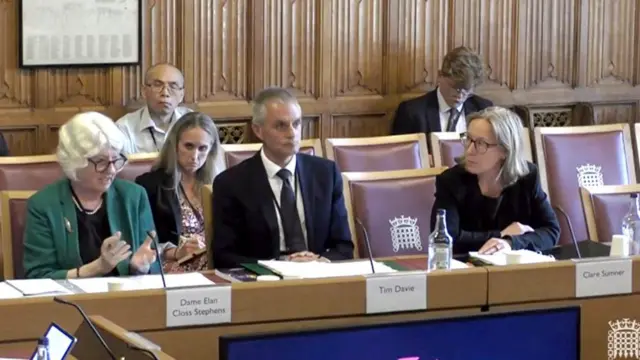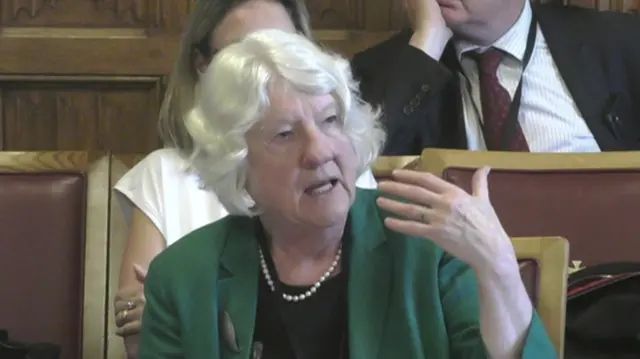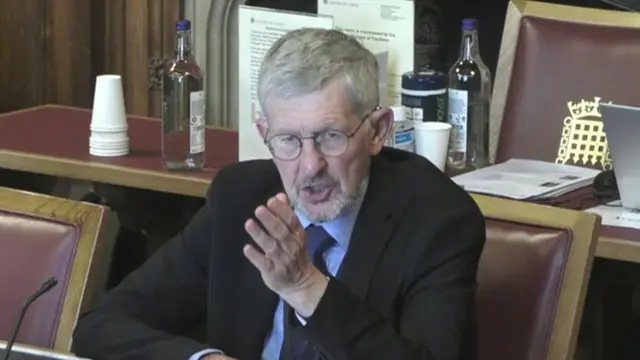That's it - thanks for readingpublished at 17:06 BST 18 July 2023
 Rob Corp
Rob Corp
Live reporter
We're finishing our live coverage of the BBC director general and chairman's appearance before the House of Lords communications committee.
Thanks for being with us. You can can read a report on what was said this afternoon in our Culture team's news story.
This page was written by Malu Cursino, Emily Atkinson, Krystyna Gajda and Steven McIntosh. It was edited by Marita Moloney and me.





